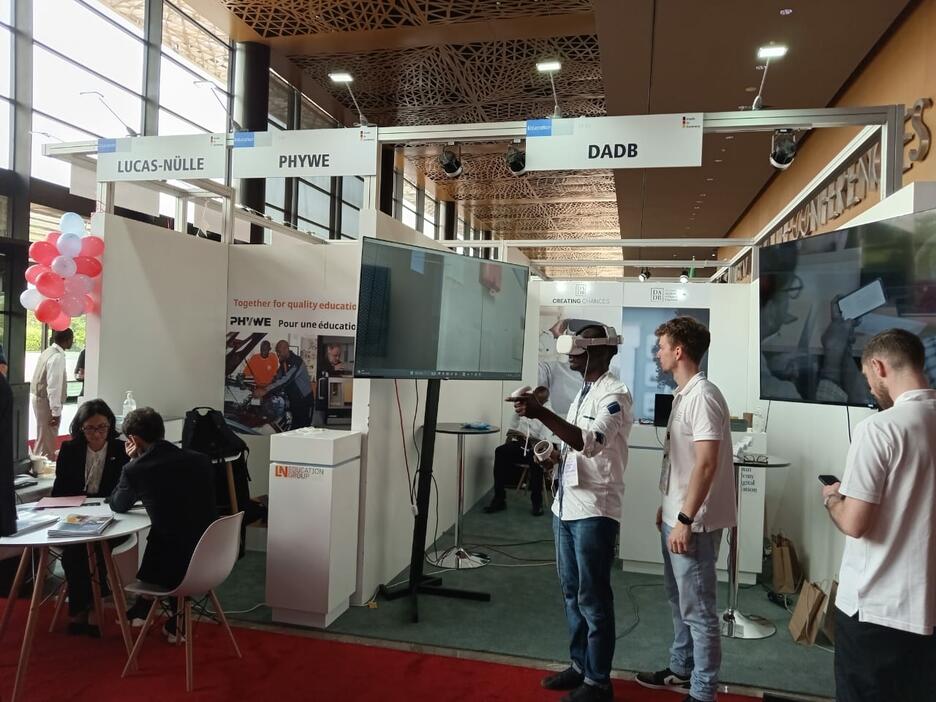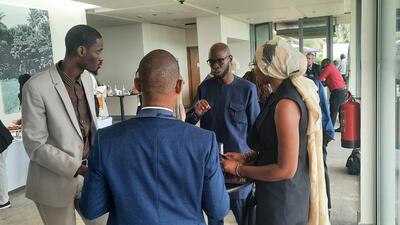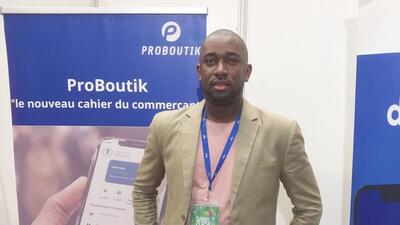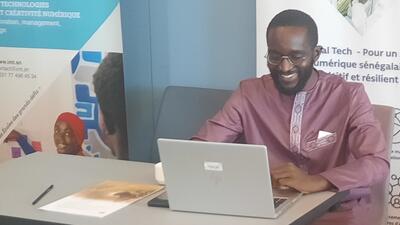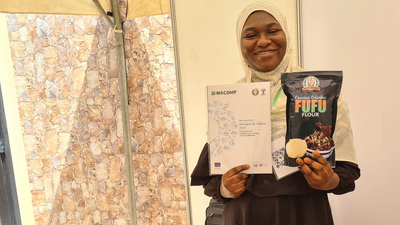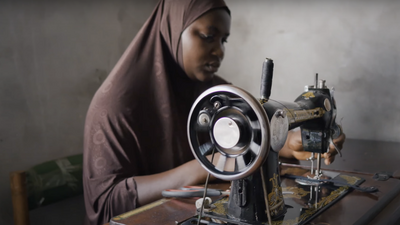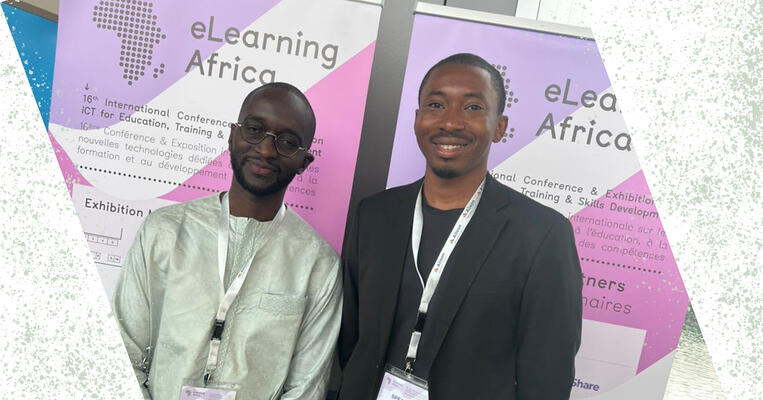
Start-ups Etudesk and Bakeli shape an inclusive, innovative learning model
E-learning, immersive virtual reality and artificial intelligence are transforming education in Africa. Start-ups Etudesk and Bakeli, both beneficiaries of the NTF V programme, took part in the eLearning Africa conference to showcase their expertise.
The conference, held in Dakar from 16-23 May, brought together 280 speakers and over 1,200 participants for workshops, plenary sessions, debates, demonstrations and round tables.
Etudesk: offering the best learning experience
Specializing in the digitization of training content, Ivorian start-up Etudesk has set itself the target of raising $1 million by September, with a view to strengthening its presence on the African continent and deploying a network of cyber-centers.
‘We're aiming to open 40 digital spaces in Côte d’Ivoire by 2025. Taking part in the eLearning Africa conference enabled us to enter into constructive dialogue with potential technical partners,’ said Lamine Barro.
At the conference, Etudesk met with Festo Didactic, a provider of solutions for vocational training. Together, they are considering the deployment of specific teaching materials, to create a practical and dynamic learning environment in each cyber-center.
’Each of our locations must also enable students to take their mid-term exams remotely. To do this, we need to provide a digital monitoring system. The eLearning Africa conference enabled us to make contact with the American company Proctorio, a specialist in the remote monitoring of exams,’ Barro said.
The event facilitated strategic alliances, and gave an opportunity to identify new prospects, he said.
‘We were approached by Cameroon's Ministry of Education, which is keen to integrate e-learning technologies into its schools,’ he added.
Bakeli: e-learning as a means to employment
With three establishments in Senegal and another in Guinea, Bakeli is reinforcing its position as a benchmark school for digital and new technologies. Bakeli's strength lies in giving students the opportunity to win practical internships.
’Our ambition is to provide a million young Africans with their first job. To achieve this, we want to strengthen our student-business networks, and invest massively in e-learning technologies,’ said Abdoul Khadre Diallo, founder of the school.
According to him, you only have to look at the crowded lecture theaters of African universities to see the benefits.
‘E-learning gives you the means to train at home. It can be used to train students in basic skills. But foreign solutions are still too expensive for the African market. The future therefore lies in 100% local e-learning solutions, and this is a subject that Bakeli is keen to get to grips with.’
The eLearning Africa conference inspired the school's director, who took advantage of the event to do some benchmarking.
’It's always very motivating to be up against international start-ups in the field of technological education. Bakeli came away with the conviction that Africa must be a continent where young people can train, find an internship and move towards employment,’ he said.
Using e-learning technologies, Bakeli aims to extend its training courses to 50,000 Senegalese, before duplicating its model in Côte d'Ivoire and Gabon.
About the programme
The Netherlands Trust Fund V (NTF) programme (July 2021 – June 2025) is based on a partnership between the Netherlands Ministry of Foreign Affairs and the International Trade Centre. NTF V supports SMEs in the digital technology and agribusiness sectors in Benin, Côte d'Ivoire, Ethiopia, Ghana, Mali, Senegal and Uganda. Its ambition is to contribute to an inclusive and sustainable transformation of agri-food systems partly through digital solutions, to improve the international competitiveness of local tech start-ups and to support the implementation of the export strategy of IT&BPO companies.




